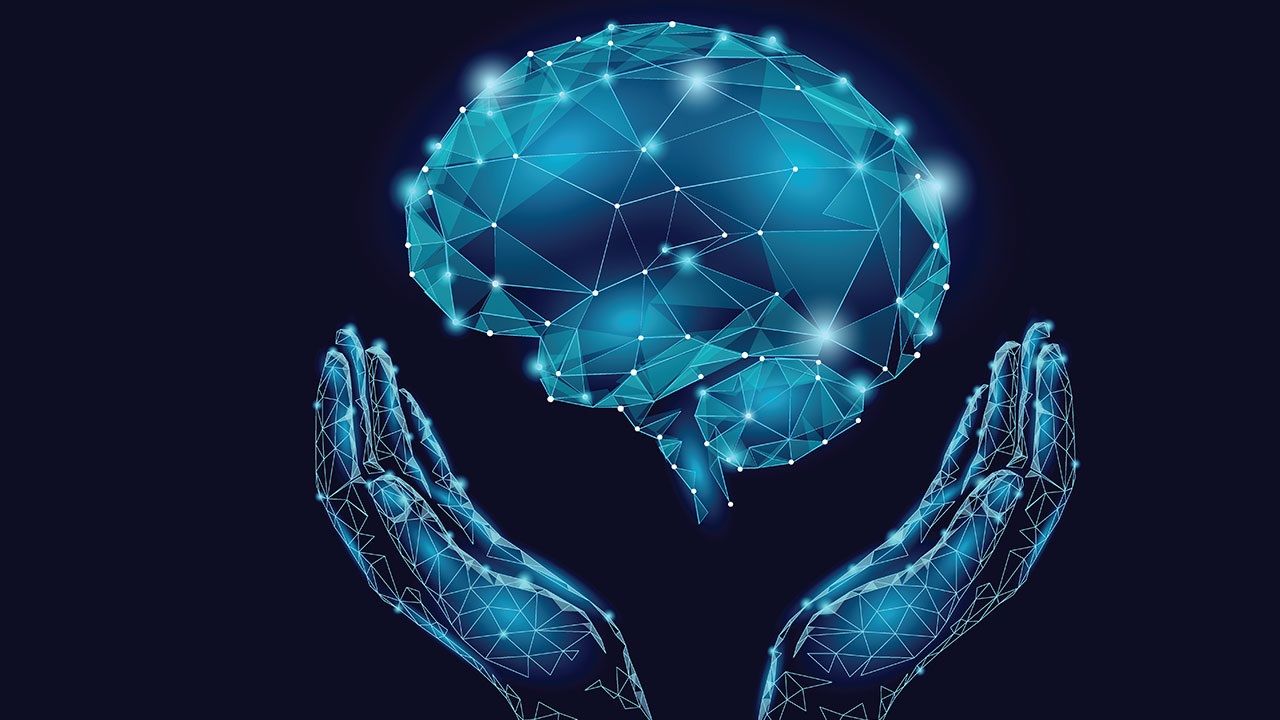When asked what people want in life, many say,
" I want to be happy!"

One of the most important components in creating more happiness and contentment in life is through resiliency. We are resilient when we are able to meet life's challenges with the confidence that we can handle what comes to us, and have the tools to find our way regardless of the challenge.
Happiness comes from the inside out, instead of the outside in. Therapy and self-exploration can be a very useful tool in helping us become more resilient… resilient enough to find our way through life's inevitable challenges.
While happiness in our culture is often expressed in terms of outer resources, wealth, and "things", true happiness comes from within.
Living in Southern California, we are constantly bombarded with superficial temptations that bring us fleeting positive feelings. Happiness and contentment is an inside job. Therapy can be beneficial in helping individuals remove internal conflicts that block our path to healthy and emotionally and psychologically grounded living.
About
I was drawn to become a therapist by a deep passion for understanding and valuing others, and a desire to help others reach their fullest and truest selves.
Since I was a child, people and their unique life situations fascinated me. This insatiable curiosity drives my passion for my work and the clients whom I serve.
As a clinician, my deep caring and compassionate connection with my clients helps me to maintain my dedication to their growth and empowerment.

My mission is to help empower people to grow, to change and to live a more peaceful and authentic life.
The changing process can be quite intimidating and we can become “comfortably” numb in a hectic, drama-filled life. Each of us has our own unique story and circumstance.
There is hope. Change is definitely possible.
Education
I earned my Masters in Counseling Psychology with an emphasis in Depth Psychology from Pacifica Graduate Institute in Santa Barbara. I earned my Bachelor of Arts in Sociology from University of California, Irvine.
I have completed and continue to participate in numerous advanced trainings in EMDR, Internal Family Systems, Ego State work and Trauma Informed Mindfulness. Most importantly, my passion for learning drives my continual participation in the most effective methods to help the people with whom I work. I have been in practice since 2008.
Counseling Focus Area & Fees
My approach to therapy is tailored toward your own unique needs. I meet you where you are...
My clinical experience and treatment specialization includes:
- Depression and Anxiety
- Couples Counseling
- Family Counseling
- Parent consultation and training
- Blended families
- Child/Adolescent Issues
- Grief/Loss Issues
- Acute/Post-Traumatic Stress
- Self-Harm issues
- Work and Career issues
- Stress Management
- Issues of those effected by someone else’s use of alcohol/drugs
- Conflict Resolution
- Dealing with Difficult Relationships
- Anger Management
- Dealing with Life Transitions
Teletherapy
Teletherapy is psychotherapy carried out online, via a secure video platform. Other ways to refer to teletherapy include: telemedicine, distance counseling, online therapy, or video counseling. Teletherapy offers you the benefit of a full psychotherapy session without having to leave your home, your office or your car.
EMDR Therapy

Our brains are wired for connection, but trauma wires them for protection
EMDR is an effective form of therapy to help you move on from difficulties in your life (including trauma, stress, anxiety, depression and many more issues).
EMDR stands for Eye Movement Desensitization and Reprocessing. EMDR therapy involves the use of eye movements, or other forms of dual attention stimulation (DAS), to stimulate your brain’s natural healing system to resolve stressful experiences and trauma. As a result of this process, you are no longer overwhelmed by those experiences, and you can adopt more adaptive ways of viewing yourself and the world around you.
The purpose of EMDR is for the reprocessing (the use of rapid eye movements) to bring you to a point where you can sit with these experiences, so that you are no longer distressed by them. By the end of the reprocessing, you will feel, think, and believe in your body, that the once distressing experiences are in the past, and not in your present.
How does EMDR Therapy work?
Our brains are great at absorbing large amounts of information every day.
At night, our brain processes this information during REM sleep. Our eyes move back and forth rapidly as our brain files away and stores the memories of the day.
Memories of safe or benign experiences (like going to work) are naturally stored away into either active or inactive memory.
Memories that are experienced as overwhelming, confusing, or threatening (like violence) are not so easily filed away.
Instead, overwhelming memories are stored in the brain with
- An image
- A negative self belief
- An emotion
- A body sensation
Anything that reminds our brain of the experience will naturally trigger a response related to one of these parts of the memory.
EMDR Therapy targets these memories to assist your brain with fully processing them.
This helps to replace the negative self belief with a more realistic and positive one and to decrease the emotional charge of the experience.
EMDR helps your brain to process those stressful experiences, so they are not stuck in a way that overwhelms you. As a result, you change your beliefs about the event and about yourself. For example –
- Before EMDR – You may have viewed the event as overwhelming, and you may have viewed yourself as ‘unsafe’ or ‘defective’
- After EMDR – You may no longer view the event as overwhelming, because it is in the past, and you are not vividly reliving the events. And you may view yourself as ‘safe now’ or ‘effective and resourceful now’.
We cannot change what happened, but we can change how your brain reacts to it.
How EMDR is Effective
Neuroscience research has found that traumatic experiences often result in biological changes in one’s mind and body, and, therefore, words alone are often inadequate to process its profound impact. The process of EMDR, in the context of a supportive therapeutic relationship, has been shown to repair the impact of trauma at the psychological, biological, and interpersonal levels.
Through processing the traumatic memories that fuel current difficulties (such as depression, anxiety, relationship problems), EMDR addresses the source of problems in order to free clients from the weight of the past and empower them to live more joyful lives.
When the early traumatic experiences that gave rise to unhealthy thoughts and behaviors are processed and cleared through EMDR, people become free to think and act in positive, proactive ways. Bessel A. van der Kolk, MD, a psychiatrist and researcher who has led comparison studies with EMDR and other treatment approaches, concluded that EMDR is more effective than medication in reducing symptoms and has quicker, more generalized, and longer lasting results than either traditional therapy or medication.
EMDR was founded on the premise that all individuals possess an innate capacity for growth and healing. Individuals are viewed as experts in their own healing journey. Partnering with clients to heal trauma and activate their innate resiliency, I serve as supportive guide who allows clients to discover their own strengths.
Trauma is more common than you may think
Trauma is not just about the more obvious incidents (road accidents and military combat). Trauma includes incidents that have been referred to as "trauma with a small 't'", such as "being teased by one’s peers or disparaged by one’s parent" (EMDR Institute).
The way we view the world today is greatly informed by adverse childhood experiences (ACEs). If we grew up believing that the world was unsafe, or that people could not be trusted, it is likely that these beliefs are informing our current view of the world around us.
You can break the chain of the stress and trauma caused by adverse childhood experiences. With the help of therapy such as EMDR, you can allow the brain to heal, helping you to learn positive beliefs about yourself and the world around you. This can significantly impact your relationships at home and at work.
EMDR is recognized as an "A" level of treatment for trauma (World Health Organization), and it is recognized by the National Institute for Clinical Excellence as one of two empirically supported treatments of choice for adult PTSD.
It is a useful treatment for a wide range of issues including
- Trauma
- Post-Traumatic Stress Disorder (PTSD)
- Phobias
- Panic disorders
- Obsessive-compulsive disorder
- Generalized anxiety disorder
- Crime victims
- Emergency response workers
- Excessive grief
- Children and adolescents suffering from depression due to disturbing life experiences
- Sexual assault victims
- Victims of natural and manmade disasters
- People with performance anxiety in school, business, etc,
- People with somatic problems (pain, gastrointestinal problems, etc)
- (Information from EMDR Institute)
Rates & Payment
Cash, checks and all major credit cards are accepted.
$250 per 60 min
$375 per 90 min
* I reserve a limited amount of space for sliding scale clients.
Do you accept insurance?
I am accepted by health insurance carriers as an Out-of-Network provider. I am not on any managed care network panels and the fee is paid in full at each session. At the end of each month, I can provide my clients with super-bills, which they are able to submit to their insurance companies for reimbursement.
Accessing Out-of-Network benefits – On the back of your insurance card, there should be a toll free number for questions related to your mental health benefit.
When calling, be sure to check your coverage carefully by asking the following questions:
- Do I have out-of-network mental health benefits?
- What’s my deductible and how much of it has been met?
- What is my copay or what percentage of the counselor’s fee is covered by my plan?
- How many sessions per year does my health plan cover?
** Please note that reimbursement by a health plan will require that a therapist give a client a mental health diagnosis and may be requested to provide mental health case notes for services rendered. If you are using your insurance to pay for therapy, they have the right to know why you are going to therapy and what progress you are making. They have the right to audit your therapist’s files and notes and ask questions of him/her regarding your issues.
Contact

I've included several ways to contact me. Please give me a call, send an email, or simply fill out the form on this page. I'm looking forward to speaking with you.
Forms
Please click on any of the forms below to download them.


